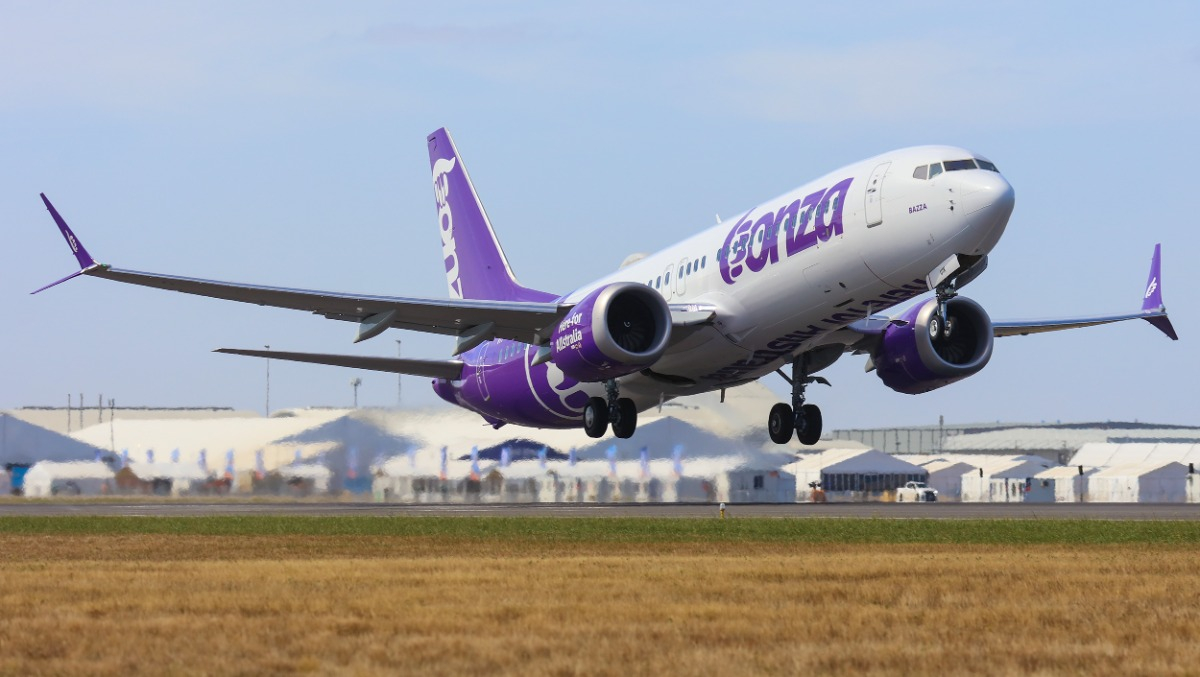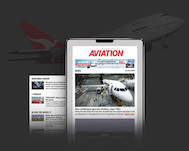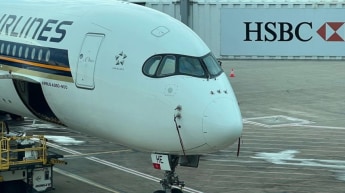
Bonza CEO Tim Jordan has joined calls against “monopoly” airports, saying more Australian cities need additional gateways.
Speaking to Australian Aviation for an upcoming podcast, Jordan praised Melbourne’s two airports and the under-construction Western Sydney International Airport, saying the low-cost carrier would be inclined to serve both WSI and Sydney Kingsford Smith if given the opportunity.
“Melbourne is fantastic. We service Melbourne Avalon, and Melbourne Tullamarine, and they have their own distinct catchments. That is no different to the rest of the world, having multiple airports servicing large cities with five-million-plus populations,” he said.
“Sydney will have the capability of doing that, so I love to think of us servicing both airports, and we would dearly love to serve one of them immediately, the other one in 2026 – and why stop there? Why couldn’t there be multiple airports in Brisbane, Adelaide and Perth?
“Airport monopolies are not necessarily good for the aviation industry; strangely enough, if there’s more than one airport in a location, it’s generally good for airlines – and very good for customers as well, we’ll all have our preference for our local airport.”
Bonza has long been angling for access to Sydney Airport and the lucrative Sydney market alongside it. Jordan last July told the House Standing Committee on Economics that Sydney offers massive opportunities that Bonza is effectively locked out of, due to the airport’s slot system.
“Sydney, from a catchment perspective, is getting close to a quarter of the population – between 20 and 25 per cent of the total market. If we as a business are unable to access that market, it has a significant impact on us and our ability to bring low fares,” he told the committee.
“We see the opportunity to open up many new markets into and out of Sydney, which are currently serviced by one stop, whether that is via Melbourne, Brisbane, or other ports.”
Australia’s two major carriers also last year criticised airport monopolies in respective responses to the Aviation Green Paper, with Qantas branding them “effectively unregulated monopoly infrastructure” and Virgin saying they impose “inefficient costs on the travelling public”.
“While their owners deserve to make a reasonable financial return, the Group’s submission highlights examples of ‘Airports Behaving Badly’ due to the lack of checks and balances on their conduct around contract negotiation,” the Flying Kangaroo said in a statement.
“Modest reform within the existing light-handed regulatory framework will unlock immediate benefits and place downward pressure on fares.”
In its submission, Virgin Australia said airport charges, levies and fees are the airline’s third largest operational cost burden after fuel and labour, and that operators “no longer perceive any credible threat of regulation”.
“Monopoly airports are able to discriminate between airlines, in both overt and non-transparent ways,” the submission read, pointing to the potential for higher fees being charged to some airlines and preferential treatment given to others.
“Where this occurs, it can ultimately be damaging to competition between airlines using the same airport infrastructure and may ultimately result in the inability of one or more airlines to compete on particular routes because those differentiated costs of access to the same essential airport infrastructure put them at such a severe competitive disadvantage.”
A recent report from former ACCC chair Allan Fels also touched on the issue of airport monopolies, with Fels writing there is a “very strong case” for the introduction of price regulation of airports.
“In the area of airport charges, the power of regulation should be applied. This report also found the need for reviews of international and domestic restrictions on competition,” he said.
See the full interview with Tim Jordan in the next issue of Australian Aviation magazine and in an upcoming episode of the Australian Aviation Podcast.



















Simon Russell
says:Great article, Jake. Tim is right on contestability of supply for a city’s airport offering. Avalon and Tullamarine are textbook examples with urban sprawl and wide catchment areas, and a municipal role of airports to serve the local populace and enable Airlines willing to take a risk and operate sustainably to them.